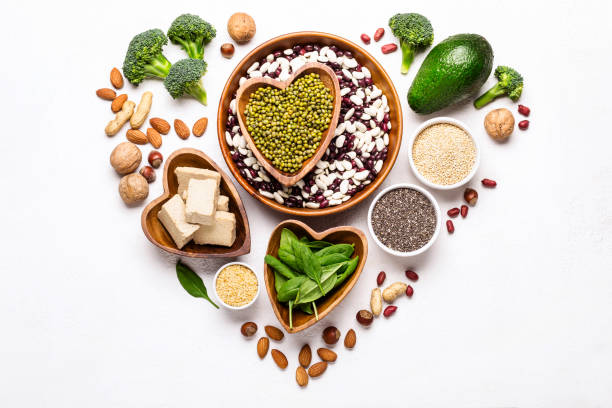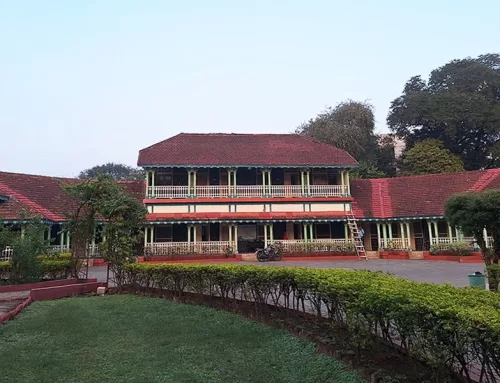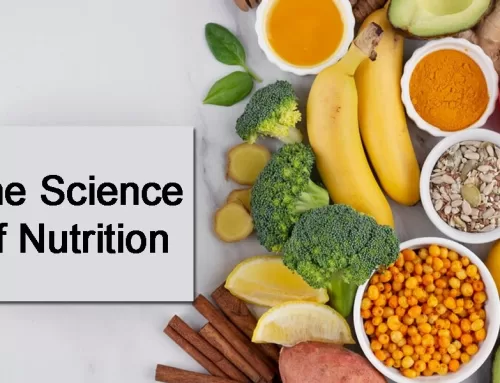Protein is an essential component of a balanced diet. It used to be solely the domain of bodybuilders and gym-goers, but now many of us are concerned about eating enough. Protein is made up of smaller units called amino acids and is required for the repair and regeneration of damaged cells. It is necessary for the development of tissues, muscles, and bones, so make sure your body gets enough.
People sometimes question where vegetarians acquire their protein, but Mr Yash Birla says that it is not difficult to get enough on a vegetarian diet. There are several vegetarian sources of protein available. Women require 46 g of protein, while men require 56 g, according to the Dietary Guidelines (but this does vary depending on your activity level, age and more).
If you are on a vegetarian diet, these vegetarian sources of protein make it simple to get your protein fix. Protein is essential for muscle growth and maintenance, as well as robust and healthy skin and hair. It also aids in keeping your stomach full.
- Lentils
Lentils are also high in fibre, delivering more than half of your daily fibre needs in just one cup (198 grams). In addition, the sort of fibre contained in lentils has been shown to feed the good bacteria in your colon, which can aid in gut health. Lentils may also help lower your risk of heart disease, diabetes, obesity, and certain cancers.
Yash Birla suggests that they can be used in several recipes, from fresh salads to hearty soups and spice-infused dals.
Lentils are also high in folate, manganese, and iron. They are also high in antioxidants and other plant chemicals that promote good health.
- Dairy Products
Calcium and protein are important components of a healthy diet, and dairy products are high in both. 100g of cow’s milk contains roughly 3g of protein, whereas 100g of cheddar cheese contains around 25g of protein. A tablespoon of Greek yoghurt, with around 6g of protein per 100g of yoghurt, is also a great way to get some protein. Add a hearty dollop of fresh, natural Greek yoghurt to your muesli, smoothie bowls, or porridge.
- Nuts and seeds
Nuts and seeds are a convenient source of protein and necessary fats that may be eaten as snacks. Almonds, cashews, chia seeds, and flaxseeds are just a few examples of high-protein foods. A 30g serving of almonds has approximately 6g of protein, which will keep you going until mealtime.
- Quinoa
Quinoa is one of the few plant proteins that contain all nine essential amino acids, making it a complete protein (which most plant-based proteins lack). A cup of cooked Quinoa has 8g of protein and 5 g of fibre. Magnesium, phosphorus, manganese, zinc, iron, thiamine, and folate are all abundant in Quinoa. Quinoa is also gluten-free, which is a good option for people with celiac disease or gluten intolerance. Yash Birla makes sure to include Quinoa in his vegetarian diet.
- Cottage Cheese
Cottage Cheese is a popular staple in India and is prepared in a variety of ways and techniques. Yash Birla loves to incorporate cottage cheese or as we call it Paneer, in his dietary regime. It is a great vegetarian source of protein. However, if you’re managing your salt intake, keep in mind that cottage cheese has higher sodium content than Greek yoghurt. It can be served as a savoury dip or sweetened with fruit.








What’s up to every , for the reason that I am really keen of reading this website’s post to be updated daily.
It includes nice information.
[…] 50% lower when vegetable protein sources such as beans, nuts, and seeds were substituted for animal protein sources including meat, fish, and eggs. According to a lot of research, eating more fish is linked to a […]